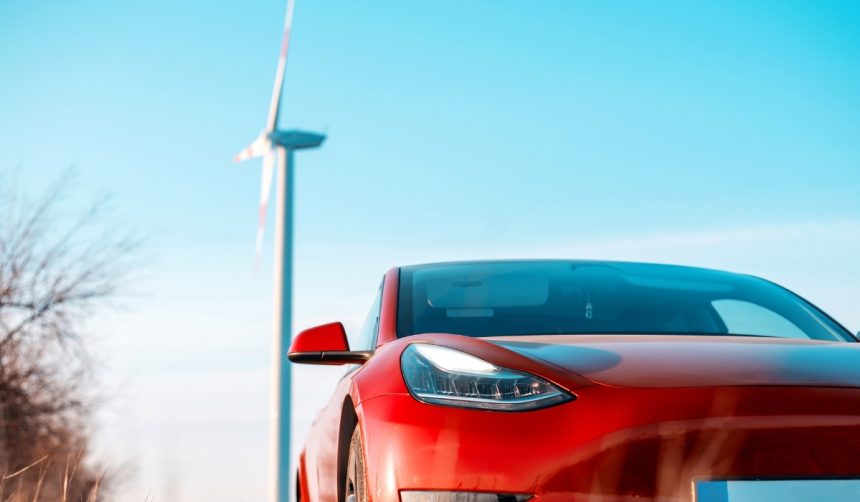Tesla‘s latest partnership with Samsung to manufacture the AI6 chip is drawing attention, with Elon Musk confirming his personal engagement in the semiconductor production process. The commitment signals a new stage in Tesla’s approach to critical hardware components, as Musk plans to monitor the fabrication process directly. While observers speculate on the implications, both firms seem attuned to the challenges and expectations that accompany a collaborative effort of this scale.
Earlier reports about Tesla and Samsung’s chip collaboration highlighted confidentiality and preliminary discussions without clear confirmation from leadership. Interest has grown around how Tesla will handle chip production after established tech rivals, as prior news focused on speculation and supply concerns rather than the direct involvement of Tesla leadership. The current update provides new transparency about how both sides are actively shaping the production process, setting a different tone from uncertain earlier accounts.
Why Does Musk Join the Chip Production Process?
Elon Musk has clarified that his hands-on approach is intended to ensure Tesla’s requirements are fully met as Samsung’s upcoming facility begins AI6 chip manufacturing. The CEO shared that Samsung’s executive team has been briefed about his active participation.
“I will walk the line personally to accelerate the pace of progress. And the fab is conveniently located not far from my house,”
Musk stated, emphasizing his readiness to be involved in day-to-day operations. He views physical presence on the production floor as crucial for identifying bottlenecks and optimizing workflow alongside Samsung’s engineers.
How Will the Collaboration Work Between Tesla and Samsung?
According to Musk, his presence aligns with fostering a “real partnership,” where both companies contribute their respective expertise toward a joint outcome. Discussions included setting clear expectations so that the intense and detail-oriented style Musk brings is understood from the outset.
“They do. I had a video call with the chairman and senior leadership of Samsung to go over what a real partnership would be like. Use the strengths of both companies to achieve a great outcome,”
Musk wrote, pointing to a mutual understanding of the responsibilities and opportunities.
Could This Impact the Semiconductor Industry?
Industry analysts have noted that Tesla expanding into large-scale chip production, in partnership with a major player like Samsung, could prompt shifts within the global chip landscape. The development arrives as Tesla seeks to reduce reliance on outside suppliers and gain greater control over its technology stack. This move is considered a significant step in vertical integration for Tesla, while Samsung stands to strengthen its business profile in AI-focused silicon manufacturing.
Tesla’s entry into chip fabrication brings new leadership approaches to a sector traditionally dominated by established manufacturers. Musk’s personal oversight, combined with Samsung’s manufacturing experience, sets this partnership apart from typical supplier arrangements in the technology sector. For readers in the semiconductor or electric vehicle space, close cooperation like this illustrates both the intensity and opportunity that characterizes modern hardware innovation, highlighting how new market entrants might disrupt established industry balances. Companies considering similar ventures should anticipate the need for direct communication, clear expectations, and a willingness to blend company cultures—factors that could prove decisive in the outcome of cross-industry collaborations.










